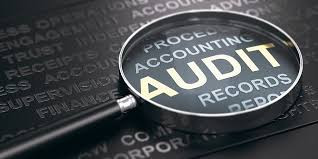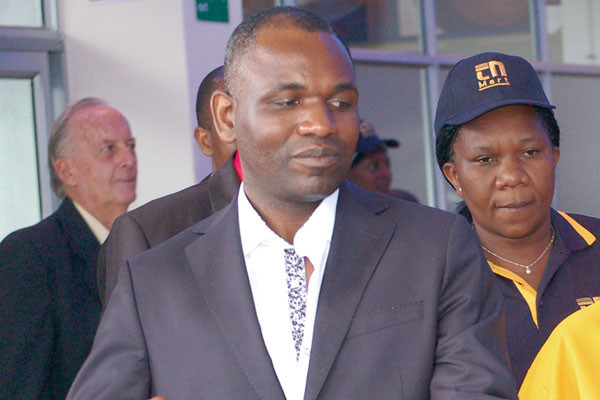
THE state of corporate governance in Zimbabwe has become a glaring concern, with numerous companies embroiled in allegations of misconduct and financial impropriety.
As a shareholder and board member, witnessing these developments feels akin to standing at a crime scene.
The integrity of corporate governance and auditing processes is under serious scrutiny — are auditors truly upholding their responsibilities, or are they complicit in the potential looting of Zimbabwean companies?
If audited financial statements cannot be trusted, what does this mean for shareholders and the broader economy?
The rise of corporate misconduct
Zimbabwe’s challenging economic environment and entrenched culture of looting have created fertile ground for questionable corporate practices.
Several high-profile companies, including influential players in key sectors, have been implicated in allegations of financial mismanagement, looting, and a lack of transparency. Reports suggest that board members and executives are benefiting from dubious financial arrangements — raising a critical question: where are the auditors in all of this?
Auditors: Watchdogs or enablers?
- Mavhunga puts DeMbare into Chibuku quarterfinals
- Bulls to charge into Zimbabwe gold stocks
- Ndiraya concerned as goals dry up
- Letters: How solar power is transforming African farms
Keep Reading
Auditors are meant to act as independent watchdogs, ensuring that financial statements accurately reflect a company’s performance and adhere to relevant regulations.
However, the pervasiveness of financial mismanagement suggests otherwise. Are auditors meticulously scrutinising transactions, or are they simply rubber-stamping financial statements without conducting thorough examinations?
The failure of auditors to identify and report discrepancies raises serious concerns about their role in corporate governance.
When Zimbabwe Stock Exchange-listed companies face allegations of financial misconduct, one must question how their audited accounts passed scrutiny without triggering significant red flags.
Are auditors genuinely independent, or are they unduly influenced by the very executives and boards they are supposed to oversee?
Conflicts of interest
A key issue in Zimbabwe’s auditing landscape is the longstanding relationships between audit firms and the companies they assess. This situation leads to a lack of rigorous examination and reluctance to challenge management decisions.
If auditors are not fulfilling their duty to provide an impartial assessment, the integrity of the financial statements they endorse is called into question.
Shareholders: Silent victims
Shareholders, the rightful owners of these companies, remain disturbingly passive in the face of mounting financial irregularities.
Audited financial statements are crucial to their investment decisions, yet when these reports fail to reflect the true financial health of a company, shareholders should be the first to demand answers.
Instead, a culture of silence prevails. Is it due to lack of access to detailed information, a fear of retaliation, or simply a resignation to the status quo?
Auditors in Zimbabwe often fail to provide comprehensive explanations regarding their findings, making it difficult for shareholders to hold executives accountable.
Without transparency, investors will be in the dark, unable to challenge questionable financial practices. The fear of potential repercussions may also deter them from raising concerns, allowing misconduct to persist unchecked.
Urgent need for reform
The ongoing crisis in Zimbabwe’s corporate sector underscores the urgent need for sweeping reforms in auditing standards and corporate governance. Regulators, shareholders, and civil society must collectively push for greater transparency, stricter oversight, and heightened accountability.
Auditors must be held to higher ethical and professional standards, ensuring their independence and effectiveness in exposing financial mismanagement.
It is critical for auditors to introspect on what their role is in corporate governance. Shareholders, too, must step out of the shadows. They can no longer afford to be passive observers as their investments are eroded by corruption and mismanagement.
Demanding transparency and accountability from both executives and auditors is crucial in rebuilding trust in Zimbabwe’s corporate sector.
Ultimately, stopping the looting culture requires a united front. The complacency that has taken root among corporate boards, executives, and auditors must be challenged head-on.
- Mutisi is the CEO of Hansole Investments (Pvt) Ltd. He is the current chairperson of Zimbabwe Information & Communication Technology, a division of Zimbabwe Institution of Engineers. — +263772 278 161 or [email protected].











